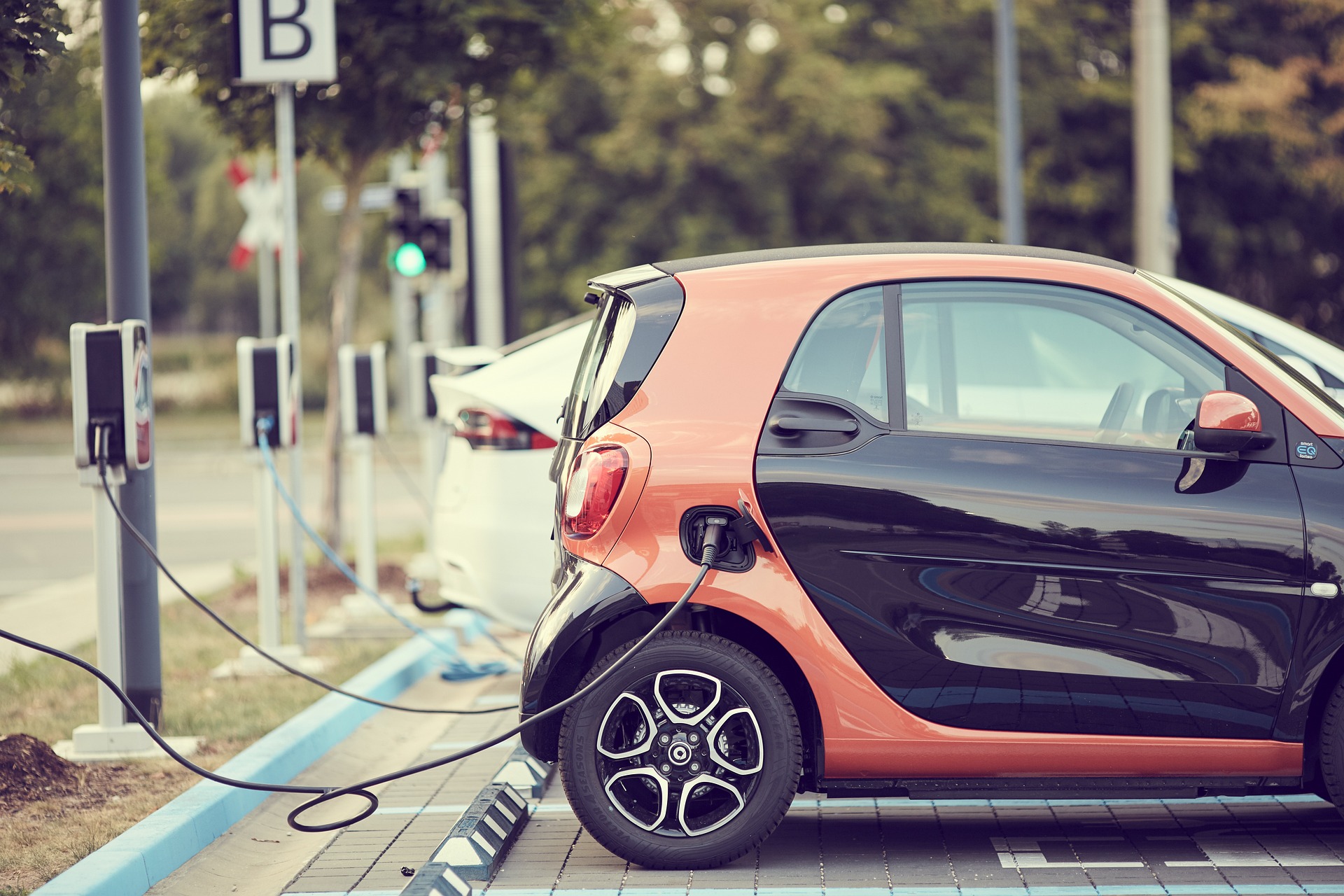The Rise of Electric Mini Cars: Revolutionizing Urban Transportation
Electric cars have been making waves in the automotive industry for years, but a new trend is emerging that's perfectly suited for city living: electric mini cars. These compact, two-seater vehicles are revolutionizing urban transportation by offering eco-friendly, space-efficient solutions for navigating busy city streets. As more people flock to urban areas, the demand for sustainable and practical transportation options continues to grow. Electric mini cars are stepping up to meet this need, combining the benefits of electric vehicles with the maneuverability and convenience required for city driving.

How do electric mini cars benefit city dwellers?
For urban residents, electric mini cars offer numerous advantages over traditional vehicles. Firstly, their compact size makes them incredibly easy to park in crowded city centers where space is at a premium. This can save drivers both time and frustration when searching for a spot. Additionally, the smaller size of these vehicles contributes to reduced traffic congestion, as more cars can fit on the road without causing bottlenecks. Electric mini cars are also significantly more energy-efficient than larger electric vehicles, which translates to lower operating costs for owners. Their quieter operation is another benefit, contributing to reduced noise pollution in urban areas.
Are electric mini cars practical for daily use?
While electric mini cars may not be suitable for long road trips or large families, they excel at meeting the daily transportation needs of many city dwellers. Most urban commutes and errands fall well within the range capabilities of these vehicles, which typically offer between 60 to 100 miles on a single charge. For couples or individuals living in the city, a two-seater electric mini car can easily handle grocery runs, commuting to work, and weekend activities within the urban area. Many models also feature innovative storage solutions to maximize space efficiency, ensuring that drivers can carry what they need despite the vehicle’s small size.
How do electric mini cars compare to other urban transportation options?
When it comes to urban mobility, electric mini cars offer a unique blend of benefits that set them apart from other transportation options. Compared to public transit, they provide the convenience and flexibility of personal transportation without the environmental impact of traditional cars. Unlike bicycles or e-scooters, electric mini cars offer protection from the elements and the ability to carry more cargo. When compared to larger electric vehicles, mini cars are more maneuverable in tight city spaces and often come with a lower price tag, making them more accessible to a broader range of consumers.
What are the top electric mini cars available in the market?
The electric mini car market has been growing rapidly, with several manufacturers offering compelling options for urban drivers. Here’s a comparison of some popular models:
| Model | Manufacturer | Range (miles) | Top Speed (mph) | Price Estimate (USD) |
|---|---|---|---|---|
| Smart EQ fortwo | Smart | 58-63 | 81 | $25,000 - $29,000 |
| Renault Twizy | Renault | 62 | 50 | $11,000 - $14,000 |
| Citroen Ami | Citroen | 43 | 28 | $6,000 - $8,000 |
| Microlino | Micro Mobility Systems | 124-177 | 56 | $13,000 - $16,000 |
| Fiat 500e | Fiat | 199 | 85 | $33,000 - $36,000 |
Prices, rates, or cost estimates mentioned in this article are based on the latest available information but may change over time. Independent research is advised before making financial decisions.
What does the future hold for electric mini cars in urban settings?
The future looks bright for electric mini cars in urban environments. As cities continue to grapple with issues like air pollution, traffic congestion, and limited parking, these compact electric vehicles offer a promising solution. Many urban planners and policymakers are recognizing the potential of electric mini cars to alleviate these problems and are implementing measures to encourage their adoption. This includes creating dedicated parking spaces for small vehicles, offering incentives for electric car purchases, and investing in charging infrastructure.
Technological advancements are also likely to enhance the capabilities of electric mini cars. We can expect to see improvements in battery technology that will extend range and reduce charging times, making these vehicles even more practical for city use. Additionally, as autonomous driving technology progresses, we may see self-driving mini cars that can be shared among multiple users, further optimizing urban transportation.
The rise of electric mini cars represents a significant shift in urban mobility. These vehicles offer a sustainable, efficient, and practical solution for city transportation, addressing many of the challenges faced by urban dwellers. As technology continues to evolve and cities adapt to accommodate these vehicles, electric mini cars are poised to play an increasingly important role in shaping the future of urban transportation. Whether you’re a city resident looking for a more convenient way to get around or an environmentally conscious consumer seeking to reduce your carbon footprint, electric mini cars offer an exciting and innovative option for navigating the urban landscape.





